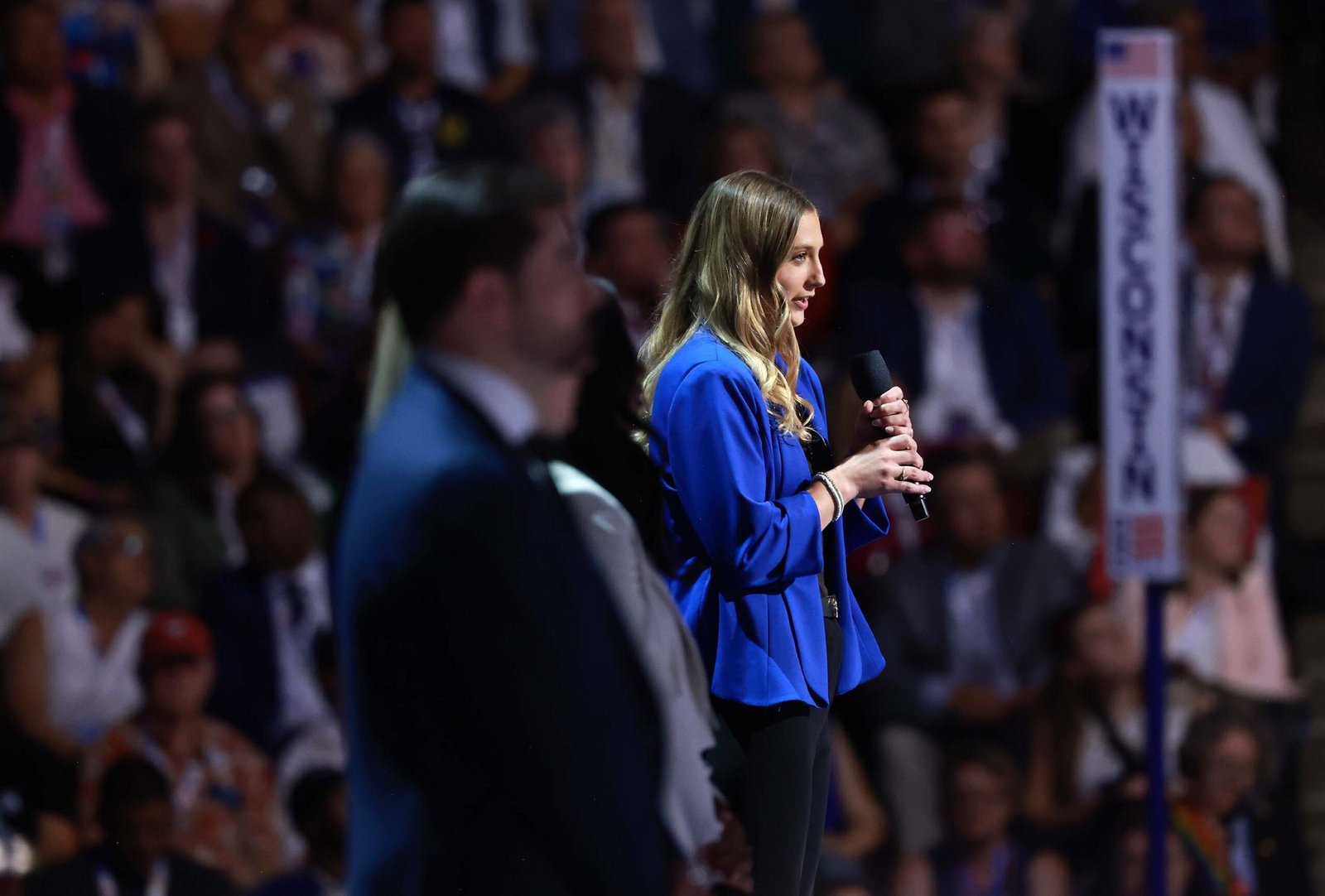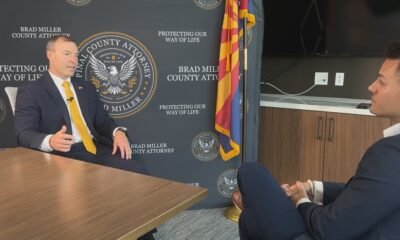2024 election
Women at the DNC: Battling Against Abortion Bans in the Spotlight

At the Democratic National Convention in Chicago, leaders echoed the commitment of Vice President Kamala Harris to restore federal abortion rights if elected president. The opening day of the DNC featured powerful testimonies from Southern women who shared their harrowing experiences following the Supreme Court’s reversal of Roe v. Wade over two years ago.
Kaitlyn Joshua of Louisiana, Amanda Zurawski of Texas, and Hadley Duvall of Kentucky took the stage on Monday night. Joshua and Zurawski recounted being denied necessary medical care for pregnancy complications last year. Duvall, just 22 and a rape survivor, emphasized the vital need for exceptions in Kentucky’s abortion ban for sexual assault survivors.
“At age 12, I took my first pregnancy test, and it was positive,” Duvall recounted. “That was the first time I was ever told, ‘You have options.’ I can’t imagine not having a choice, but today, that’s the reality for many women and girls across the country because of Donald Trump’s abortion bans.”
In her remarks, Joshua detailed her own ordeal, sharing how she faced challenges receiving treatment for a miscarriage. “Two emergency rooms sent me away. Because of Louisiana’s abortion ban, no one would confirm that I was miscarrying,” she stated.
Zurawski, appearing with her husband, expressed the dire consequences of delayed care. “Every time I share our story, my heart breaks for the baby girl we wanted so desperately, for the doctors and nurses who couldn’t help me deliver safely, for Josh who feared he’d lose me too,” she said.
All three women are actively campaigning for Harris in crucial states such as Florida, Michigan, and Wisconsin. They echo the Democratic commitment to sign legislation codifying the federal right to an abortion if elected and if Congress approves such a measure. “Our daughters deserve better. America deserves better,” declared Joshua.
During a recent campaign stop in Florida, Joshua spoke about a deeply traumatic experience. She detailed how, after experiencing heavy bleeding, she sought help but was turned away despite being told her fetus had ceased developing. “I no longer feel safe being pregnant in Louisiana,” she noted in an opinion piece published earlier this year.
For Zurawski, her ordeal coincided with the implementation of a trigger law after the Dobbs ruling. She found herself in the ICU battling septic shock, having previously struggled with severe pregnancy complications. “What I went through was nothing short of barbaric, and it did not need to happen,” she asserted.
Zurawski is among the plaintiffs challenging Texas on the grounds that the law’s medical emergency exceptions are insufficient. However, the state Supreme Court recently upheld the law, creating uncertainty around necessary medical care.
Meanwhile, Arizona voters will soon face a critical decision regarding abortion rights. Proposition 139, set to be on the ballot in November, aims to enshrine the right to abortion in the Arizona Constitution, safeguarding access against future restrictions.
While Joshua and Zurawski continue their advocacy, Duvall has gained recognition as a reproductive rights activist, especially after sharing her story in a campaign ad last year for Kentucky’s Governor Andy Beshear. She criticized his opponent for refusing to support exceptions for rape and incest, highlighting the plight of young girls forced to carry pregnancies resulting from sexual assault.
“There are other survivors out there who have no options,” Duvall stated passionately at the DNC. “And I want you to know that we see you. We hear you.”


















